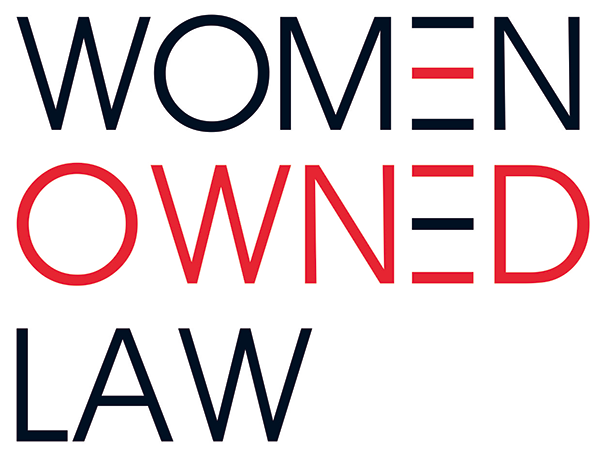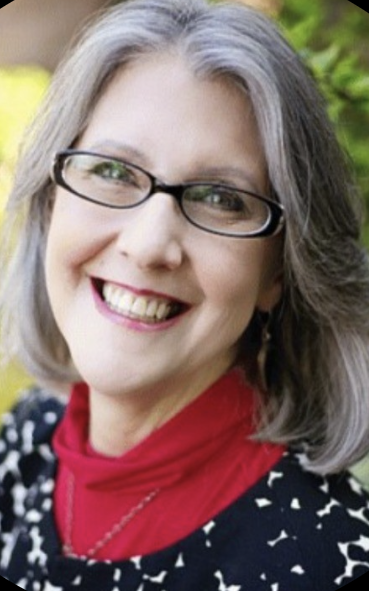By Jessica M. Stauring & Denisse Garcia | ND Galli Law LLC
On March 18, 2021 Women Owned Law hosted its second annual Symposium Pivoting Forward Together: Women Entrepreneurs at the Cutting Edge of Law. The Symposium was held over a virtual platform which provided the opportunity to attend panel discussions, “fireside” chats, and an interactive speed-networking session. Denisse, an attorney with ND Galli Law, and Jessica, a co-op student with ND Galli Law, attended the Symposium and highlighted their experiences below!
The Symposium kicked off with a discussion on burnout and resilience with Dr. Paula Davis, Roberta Liebenberg, and Stephanie Scharf. The panelists discussed burnout within the legal profession and provided solutions for addressing the systemic problem that often has a greater effect on women, and particularly women of color. Importantly, Dr. Davis highlighted how burnout is more complex than mere exhaustion and provided attendees with three signs to look for to recognize the difference between stress and burnout: chronic physical and emotional exhaustion, chronic cynicism, and inefficacy or lost impact. As a third-year law student, Jessica found this advice especially helpful to keep in mind as she enters the legal profession. The feelings associated with burnout are often very isolating, so the ability to attend an event like the Symposium where successful women discuss those feelings so openly to provide concrete solutions for moving forward was inspiring. Roberta and Stephanie noted that the failure to address burnout by employers will have long-term negative effects on the type of individuals the profession attracts. Course correcting burnout is necessary for employers to ensure that they are creating diverse teams and making the legal profession accessible to all.
The morning continued with an interactive workshop to recognize and combat implicit bias presented by Jennifer Witter. Jennifer began the workshop by showing a photograph of Black woman wearing a tank top sitting at a table smiling and asked attendees to write in the chat box what they thought the person in the photograph did for a living. Many attendees guessed the woman was a teacher, artist, or business professional. The woman photographed, however, is currently a Supreme Court Justice in the State of New York. Jennifer used the exercise to highlight how when women of color walk into a room they often are not seen as persons in positions of power, and how perceptions based on physical attributes can have negative consequences for the individuals involved. Jennifer went on to highlight how implicit biases can affect every aspect of life from decisions to hire, to salary, to trustworthiness, to being perceived by others as a “threat.” The workshop ended with recommendations for further reading, podcasts, and ways that employers can continue the conversations to combat implicit bias. The key take-away from this workshop was that implicit bias exists within all of us. To prevent negative consequences from those biases we must each work to acknowledge the implicit bias and not allow our perception to create a reality that does not exist.
After a brief break for lunch, the Fireside Chat: Women Lawyers as Innovators and Change Agents kicked off. Debbie Epstein Henry, founder of DEH, interviewed Laurie Robinson Haden, Founder of Corporate Counsel Women of Color, who shared the inspirational story behind the foundation of an organization that has grown to become a worldwide forum that brings together over 4,500 in-house women attorneys of color. When Laurie started her own legal career, she was shocked by the lack of representation of women of color in the corporate world, inspiring to create a much-needed organization which began growing organically at a very rapid pace. Laurie’s story highlights the importance of having spaces in which historically unrepresented minorities can find communities of people with shared experiences that can help them navigate a career that can be overwhelming when we don’t understand the dynamics and unspoken rules, and particularly when we don’t have access to mentors and sponsors. Laurie and Debbie also discussed the importance of diverse workforces in corporate environments and law firms, and how firms can better recruit, retain, and advance diverse talent by backing up their statements with concrete actions to create inclusive environments from top to bottom, to make sure that, as Laurie put it, “the audio matches the video.” Leadership and managers can focus on fostering diversity, equity, and inclusion in their workforces by taking actions at different scales: from hiring from a diverse pool of candidates, offering trainings, and working towards equal pay, to seemingly basic things such as running inclusive meetings, connecting and engaging with all employees, distributing assignments fairly, and providing feedback on a regular basis. In explaining how white women can support women of color, Laurie gave us an easily remembered tool – the word SHOUT: sponsor, help, be outspoken, unite, and teamwork. We also learned that Laurie is considering getting involved in local politics, so we look forward to seeing what’s next for her!
In “Hiring and Supervising in a Virtual Environment,” Heather Clauson Haughian, Nancy Lanard, and Jessica Shpall Rosen discussed the challenges and opportunities that working remotely has presented for law firms. From best practices for recruiting and interviewing new talent, to onboarding, training, creating a team culture, and collaborating in a virtual environment, the panel discussed their different experiences and approaches to managing a virtual workforce. As an employment attorney, one of the legal considerations that Jessica highlighted is that the law will follow employees where they work, so employers should be mindful of the geography of their employees if they have a distributed workforce. Also important is to have a system for time tracking, as well as policies and trainings to ensure that expectations are clear for both parts. One thing that all panelists agreed on is the importance of having open communications, whether when onboarding or developing a relationship with a new hire, or parting ways.
The last session of the day, “How to Be Innovative in Your Business Development Efforts,” brought Beth Krewson, Ivy Slater, and Ariana J. Tadler together to discuss how their companies have adapted to making connections and networking in this “new normal.” The underlying theme in the panelists’ experience was the importance of developing and nurturing relationships through the use of creativity, connection, and patience. They also agreed that taking care of oneself is equally important for business development, and on that note, they suggested scheduling time off on our calendars. Last but not least, perhaps the most surprising tip they shared is the importance of making sure that our business development is also filled with fun and joy. We look forward to the Third Annual Symposium next year!

